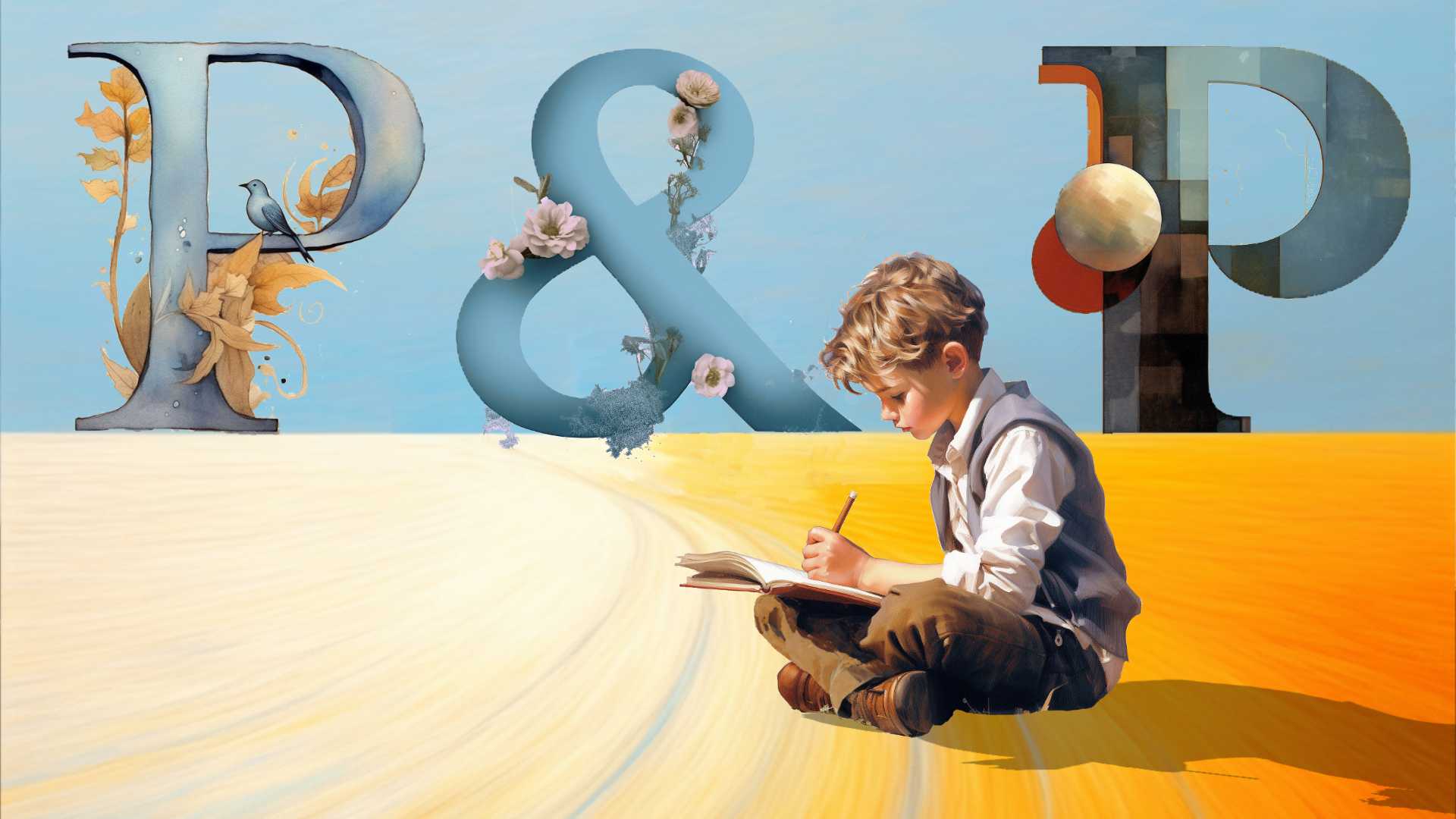
Grumpy teaches creative writing
The laws of storytelling
From the moment I decided to write, I knew I would have to figure out how a story works.
Some stories just don’t work – they start out exciting, they have dramatic scenes and intelligent dialogue and there seems to be some interesting idea in there somewhere – but after 20 or 50 pages, you set the book aside – and never return to it.
Great writers know secrets about writing the rest of us don’t.
I have dedicated my life to finding out those secrets. I started by studying the literature of the Middle Ages, where our European storytelling tradition got its first big start, and I kept learning every chance I could.
What did I discover?
Starting with Homer, and on through Shakespeare right up to Joanne K. Rowling, all great storytellers knew a handful of very specific, very clear principles (I count 13) that make a story work.
Underneath all the glorious variety and genius that make the great storytellers so unique and different from one another, they all obey this small handful of storytelling laws.
At their very core, where writers lay a foundation that readers never see, all stories work in the same basic way.
They organize the elements of the narrative in an arc that mirrors life:
For real life to be recognizable in the story, the elements have to fulfill certain conditions and fulfill certain roles.
That sounds simple, and the basic principles are easy enough to understand, but to put them all together takes time, effort and repetition.
If a writer can create a foundation for the story that mirrors the life of the reader, the story will work.
After that comes the fun part: All the great scenes, the snappy lines, the deep symbols and philosophical ideas that are so important to the writer.
But first comes the foundation.
Here’s what my writers say

Everything you need to know about writing a murder mystery – in an entertaining way
For me, the mystery writing course with Eric (and his partner Astrid) was a master class. They got across everything, really everything you need to know about drama, suspense and structure of a murder mystery in an entertaining way. On top of that there were a lot of insider and practical tips that really helped me as a writer. Tiptop!
– Cornelia Härtl, “Kalte Rache,” the Lena Borowski murder mysteries, dp Verlag, www.cornelia-haertl.de

The secrets of writing murder mysteries
Heroes, villains, dramatic arcs – Eric (and his partner Astrid) reveal the secrets of writing murder mysteries. Absolutely to be recommended.
Peter Wenig, “Vergiss den Tod“ with Stephan Haas, Junius Verlag
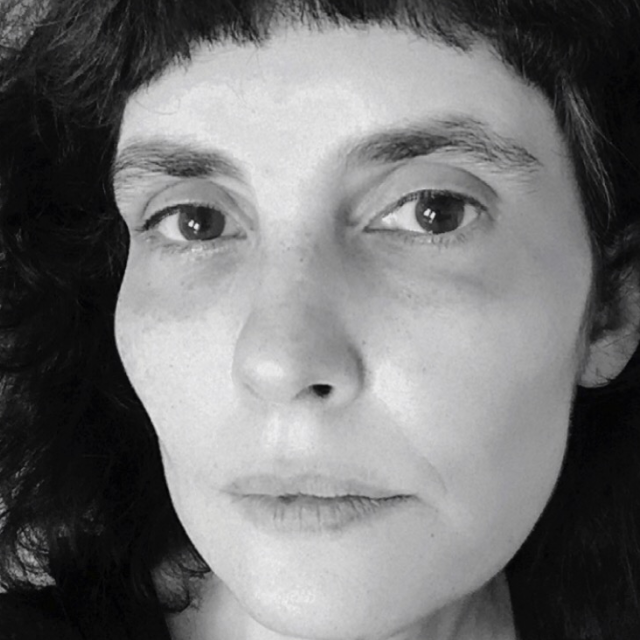
They give you all the tools you need
Whether you’re a beginner, experienced or a pro: If you want to expand your skills as a writer, Eric Hansen (and his partner Astrid Ule) will help. They convey the craft of writing impressively and comprehensively, and if you need help developing your material with focus and determination, the best place to do it is in their “guided writing” groups. They give you all the tools you need to work on your project in a structured way and with great joy. At the same time, with specific questions and constructive criticism they help you find and use your own solutions, your own path, your own voice. I can heartily recommend every one of their courses and groups
– Alexandra Cedrino, “Die Galerie am Potsdamer Platz”, “Zeitenwende am Potsdamer Platz” and “Wiedersehen am Potsdamer Platz”, HarperCollinsGermany
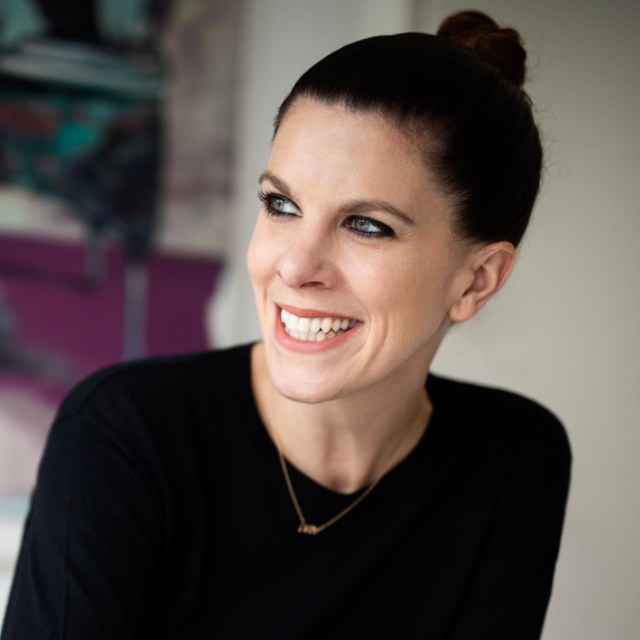
A perfect duo
A perfect duo – with their ingenuity and heartfelt way, they cannot be beat.
– Wiebke Griebe, author, murder mysteries
Writing is a Sacred Act
What we do when we write
When we tell stories, we search for meaning.
We come into life helpless and bewildered and spend most of our time trying to make sense of it all.
Maybe it makes no sense at all – there are those who claim life is objectively nothing but a collection of random events that happen for no reason and then stop happening for no reason.
But when we write, we transform life into a story, and that is where we find deeper truths.
Stories – even simple entertainments like murder mysteries and romcoms – mirror life, and as we read, we ask ourselves:
What would I do? Can something like this happen im my life? What will come of it? What does this mean?
When we write, we try to answer these questions the reader will be asking – even if only we will ever read it.
When we are forced to choose the right word to describe life – even our own life – we are forced to examine it, question it, look closer at it.
We cannot find the right word if we do not understand what we are writing – and so writing forces us to examine our lives, our world, to dig deeper, to seek conclusions, to seek some kind of truth.
Often, we don’t consciously understand the truth we find – it’s just a deep satisfied feeling that for once, something makes sense.
When we write, whether professionally for an audience or for ourselves, we are searching for meaning.
Here’s what my writers say
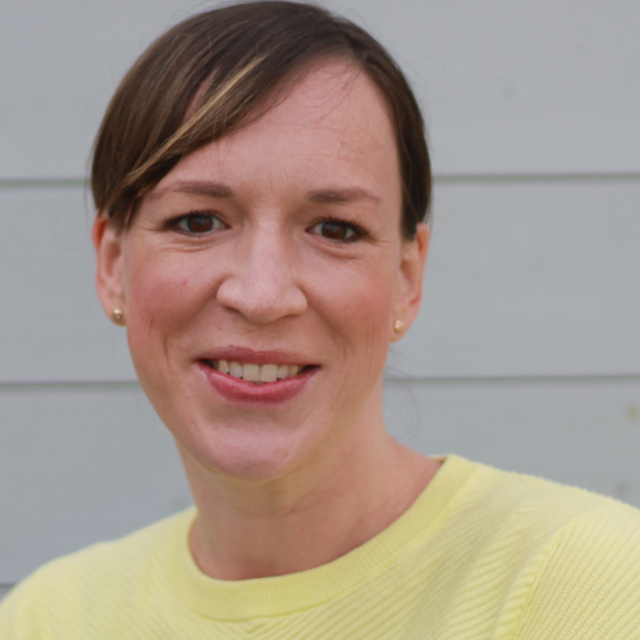
A deep understanding of plot and story-building
Eric’s writing course deepened my understanding in the areas of plot and story-building. The class was characterized by an uncomplicated and open atmosphere. And it was a lot of fun!
– Nicole Fröhlich, “Der Club der wütenden Fünf,” Verlag

They don't stop until every problem is solved
Eric (and his partner Astrid) are the best thing that can happen to you if you’re learning to write. I don’t know any other writing teachers that delve into the texts as intensively and with as much detail. They work out every weakness in the plot, every contradiction in the character structure, every hiccup in prose and rhythm. And the best thing is: They don’t stop until every problem is solved.
– Katja Holcer, Author for children’s and YA books (Agent: Birgit Arteaga, literaturagentur-arteaga.de
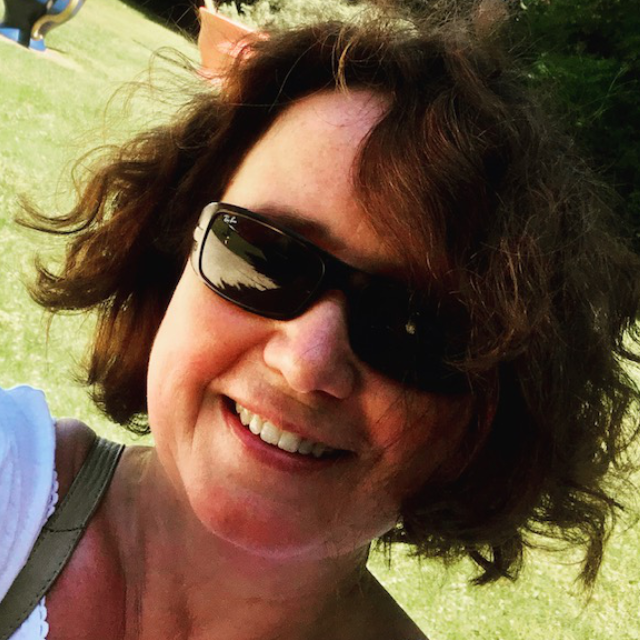
They don’t teach, they share their knowledge
Eric (and his partner Astrid) don’t teach, they share their knowledge. They are concrete in their Information, constructive in their criticism and exceedingly entertaining when working with you.
– Ulrike Paschek, “Medusenliebe,” Gmeiner Verlag.
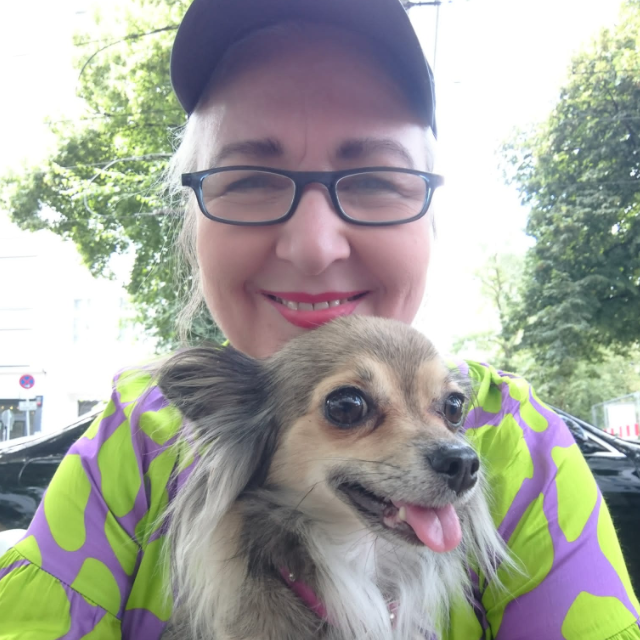
A guide through a secret science
I had experience with scripts, so I thought it would be not problem to write a novel. How wrong I was. Writing a novel is like a secret science, but do not fear – Eric T Hansen (and his partner Astrid Ule) will guide your through this science with heart and efficiency.
– Elisa Iven, “Sad Tits – Kishas Chaos am Vorabend ihres Fame”
Why I teach
When Covid reared its ugly head and the bookstores closed and publishers started cancelling books, I turned to teaching creative writing online.
I have written and studied writing all my life.
I write non-fiction and thrillers in German, but also self-help books in English and books about living a life dedicated to achievement.
In this time, I have come to believe that writing and storytelling are more than just selling books – by writing, we discover who we are; we give life meaning; we reach out to other souls and try to contribute something to their lives.
Writing is an almost mystical act, a kind of spiritual meditation we send out into the world not by brainwaves, but on paper, in hope that other souls will know they are not alone, and will perhaps profit from our labor.
Here are a few courses I give

The principles that will make your story sucessful: The 13 Laws of Storytelling

From Murder to Mystery: How to Write Crime Fiction from start to finish

Putting the Reader in the Story: The Secrets of Dramatic Writing

The Plot-Specialist – Let me help you build a successful outline in individual coaching sessions
Why a writer learns
We have a lot of misconceptions about writing and storytelling, and the biggest is:
Everyone knows how to write, because we know how to read.
But reading and writing are very much like having a body and knowing how it works.
No matter how long you’ve lived in your own body, if you’re not a doctor, you don’t know how it works.
We fall in love with literature when we read books as kids, then we go to high school and college and fall in love with great literature, and along the way we pick up literary expressions like metaphors and symbols and soon we believe we have a good idea of what writing is.
So we sit down and think up a great title and write out our favorite scenes and somewhere between page 20 and 50, we suddenly realize we don’t know how to fill the next 250 pages.
It’s because we all know the fun parts about writing – the flashy scenes, the smart dialogue – but we have never learned the basics:
How a story works.
A story well-constructed has mechanisms that trigger recognition in the brain: We recognize a mirror of life.
For that to happen, those mechanisms have to be present and functioning.
To learn those mechanism and how to manipulate them, writers through the centuries have learned by trial and error, by imitating or analyzing successful stories, by gathering wisdom from mentors, and, in our time, through books and classes.
Some writers have more talent, more flair, a better feeling for the language, or are more intelligent, or have more luck than others – but no writer is born with the skills a writer needs.
They all learn.
If there is something I can do for you, contact me
I write about writing on Substack
Writing tools you will find in our Poetry & Purpose newsletter:
If you write, whether to publish professionally or for your own meditation, you will love what we offer in our Poetry & Purpose Substack newsletter.
In our exclusive section, I write (and record on video) the things I know and learn about writing:
– How to build a story that works;
– how to manage the necessary aspects of character, plot, style and relevancy to the reader’s life;
– but also my personal experiences in the writing profession, as well as
– the personal and spiritual lessons writing has taught me about life.
This is exclusive content and is only available to my students, to my Patreon patrons and to my Substack newsletter subscribers.
Subscribe now!
What you will find at Substack and Patreon
You will find our Substack newsletter valuable if you are:
– searching for purpose and meaning, or want to become a person capable of achieving something in life; or
– if you write or want to enhance your creativity and understanding of life through writing.
In our free section,
you will find the lessons and insights I have learned in my life and am still learning today:
– from 60 years of life as an outsider in two cultures and on two continents – as a haole in Hawaii and an Ami in Germany;
– from my quest to find purpose, meaning as spirituality, and the truth about the confused world we live in;
– from my fight with depression and life with ADHD;
– from my study of the great books and poetry of the great thinkers in history.
Our exclusive section
is for writers and those learning to write – in it, you will find:
– practical lessons on the craft of storytelling;
– tips on how to enhance your creativity and find meaning and purpose in life through writing;
– my experiences in the world of professional writing, but also as one who explores life through writing.
This exclusive content, "Writing is a Sacred Act," is available to both my Substack subscribers and my supporters on Patreon.
If you are someone who consciously thinks about their lives and the world they live in;
if you are driven by a desire to create or achieve;
if you write or are learning to write,
you will love this newsletter.
Subscribe now!

